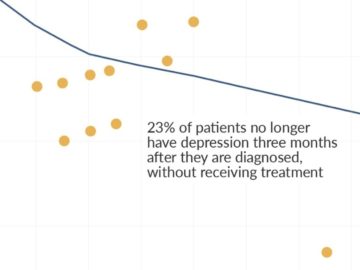Saloni Dattani in Our World in Data:
 In order to tackle the world’s largest problems, we need to be able to identify their causes and effective ways to solve them. How would we know about the effects of a new idea, treatment or policy? Answering this question can be difficult. Some research is poorly done and there are incentives for scientists and funders to exaggerate their findings.
In order to tackle the world’s largest problems, we need to be able to identify their causes and effective ways to solve them. How would we know about the effects of a new idea, treatment or policy? Answering this question can be difficult. Some research is poorly done and there are incentives for scientists and funders to exaggerate their findings.
In this post, I look at a key tool to study causal effects reliably: randomized controlled trials (RCTs). What makes RCTs useful is the set of procedures they are expected to follow, such as placebo controls, concealment, randomization and pre-registration. These procedures are layers of protection against challenges that scientists usually face in research.
To be able to read published research, we need to understand why these procedures matter and why they are not always followed in practice. With this knowledge, we have a greater ability to identify the causes and solutions to the largest problems that affect us.
More here.
